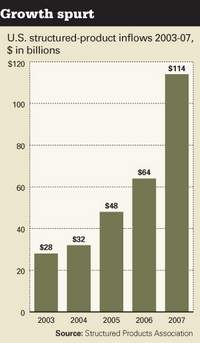Obama campaign's said today that he plans to ease the impact of rising gas prices by cracking down on excessive energy speculation through closing the so-called “Enron Loophole.”
Aides argued the changes to the regulatory structures could have at least some medium-term impact on gas prices. The “Enron Loophole” -- so named because it was added at Enron’s behest -- has kept the Commodity Futures Trading Commission from fully overseeing the oil futures market and investigating cases where excessive speculation may be driving up oil prices, the campaign explained in a policy paper.
Obama would close the loophole by requiring that US energy futures trade on regulated exchanges. His plan also calls for legislation that would direct the CFTC to investigate whether further regulation is needed to end excessive speculation in US commodities markets, including higher margin requirements and position limits for institutional investors.
Obama would aim to ensure that US energy futures cannot be traded on unregulated offshore exchanges and would seek to work with our other countries to establish regulations to avoid excessive speculation in commodities futures markets. He would also call on the Federal Trade Commission to investigate market manipulation, including in the oil futures markets and ask the Justice Department to investigate whether energy traders have been engaged in illegal activities that have helped drive up oil and food prices.
Corzine said high oil prices were partly a result of increased demand from countries like China and India, but that most experts believed speculation was also a contributing factor and that the volatility in the price of oil on a daily basis was a clear indication of speculation in the marketplace.
“I think everyone believes there’s too much speculation in the oil markets and a lot it flows directly from that particular loophole,” he said. “"It might as well be called the Phil Gramm loophole, because it was snuck in at the 11th hour, 59th minute to the 2000 energy policy bill, and it just is, it really needs to be addressed. And it would have a lot of impact I think certainly in the intermediate term, if not in the short term with greater oversight here.”
Corzine said the "Enron loophole” Gramm had added to the bill took exchanges and derivative oil contracts out of supervisory oversight and had been a problem in electricity markets in California a few years ago. He said it was unlikely Gramm would push back against his own amendment.
For the full report, click here.
Subscribe to:
Post Comments (Atom)




No comments:
Post a Comment